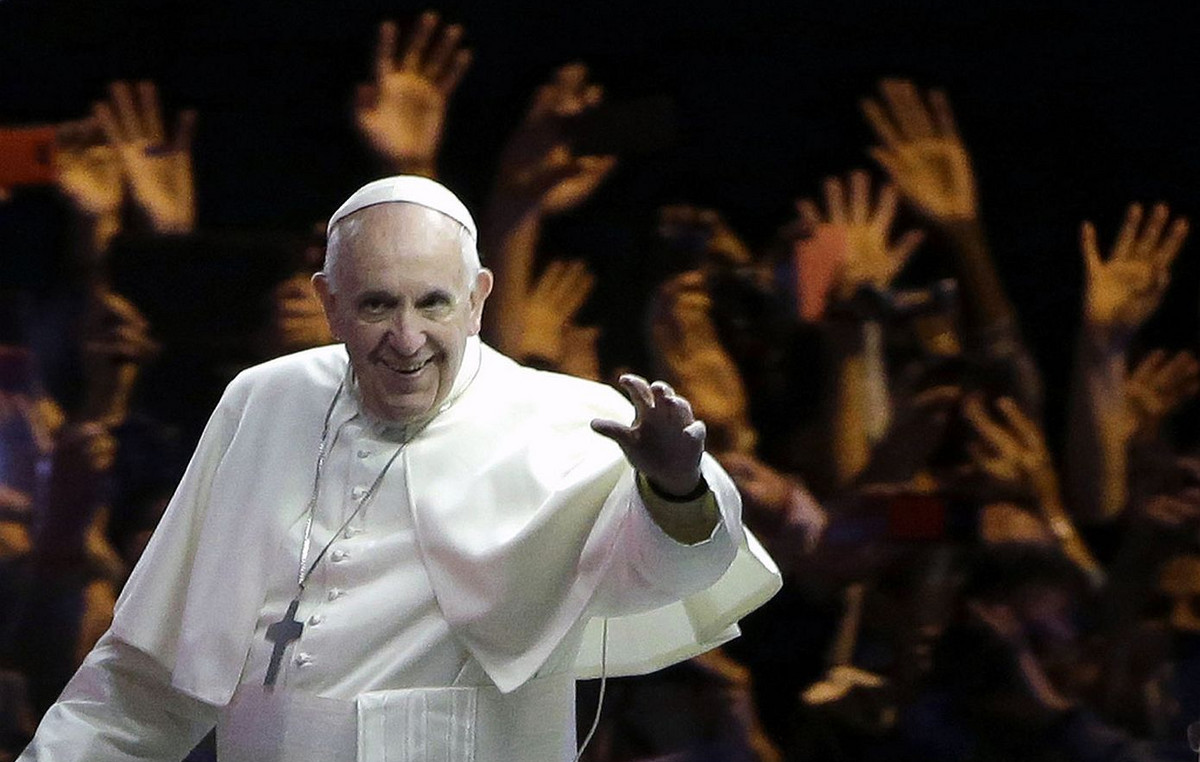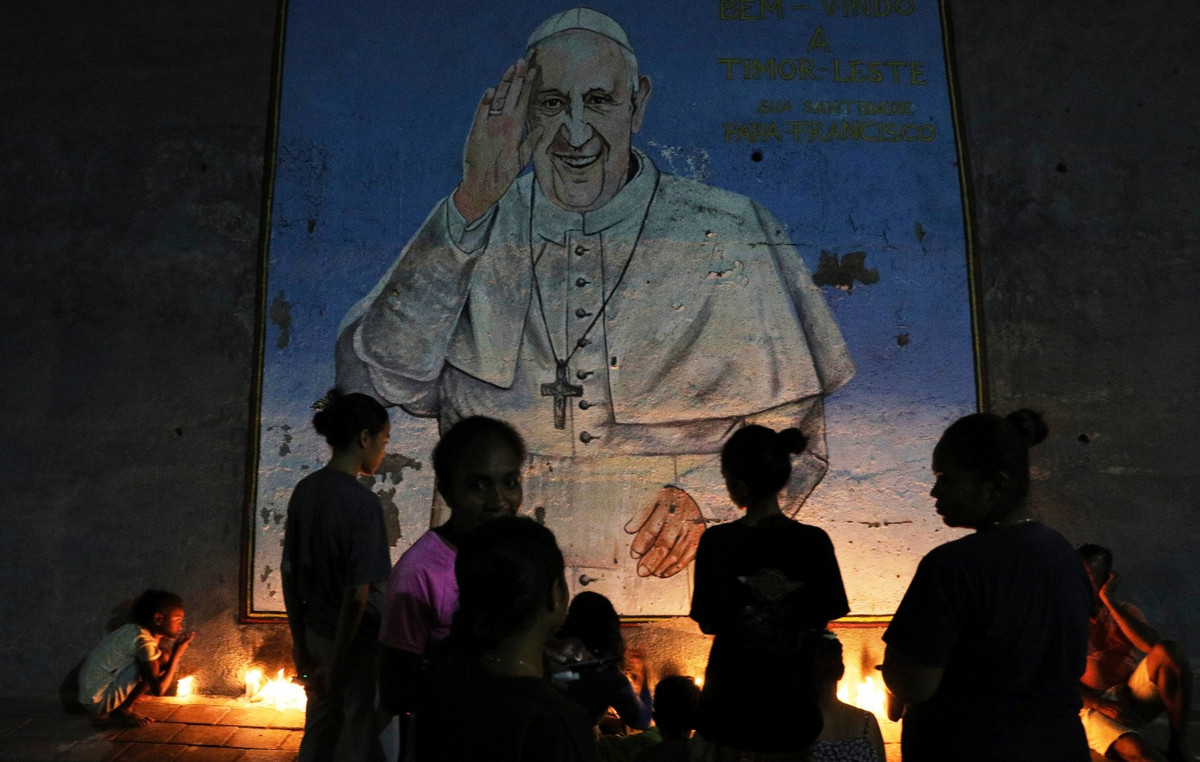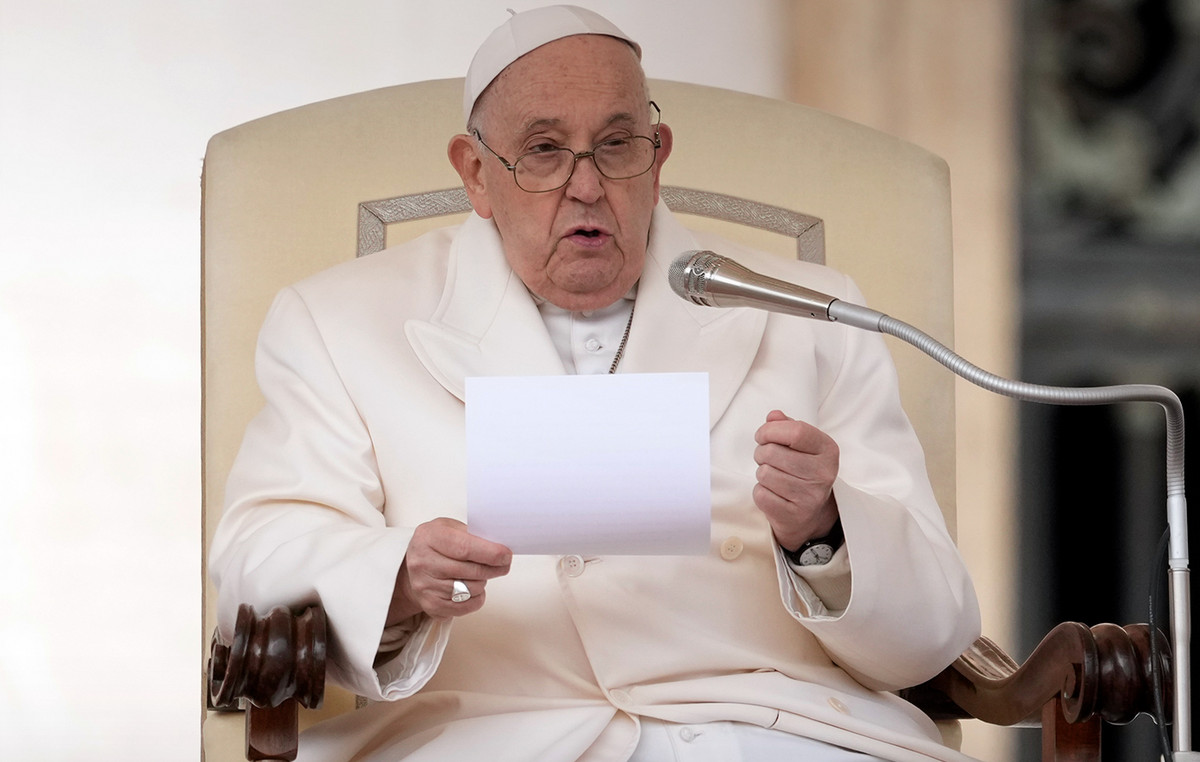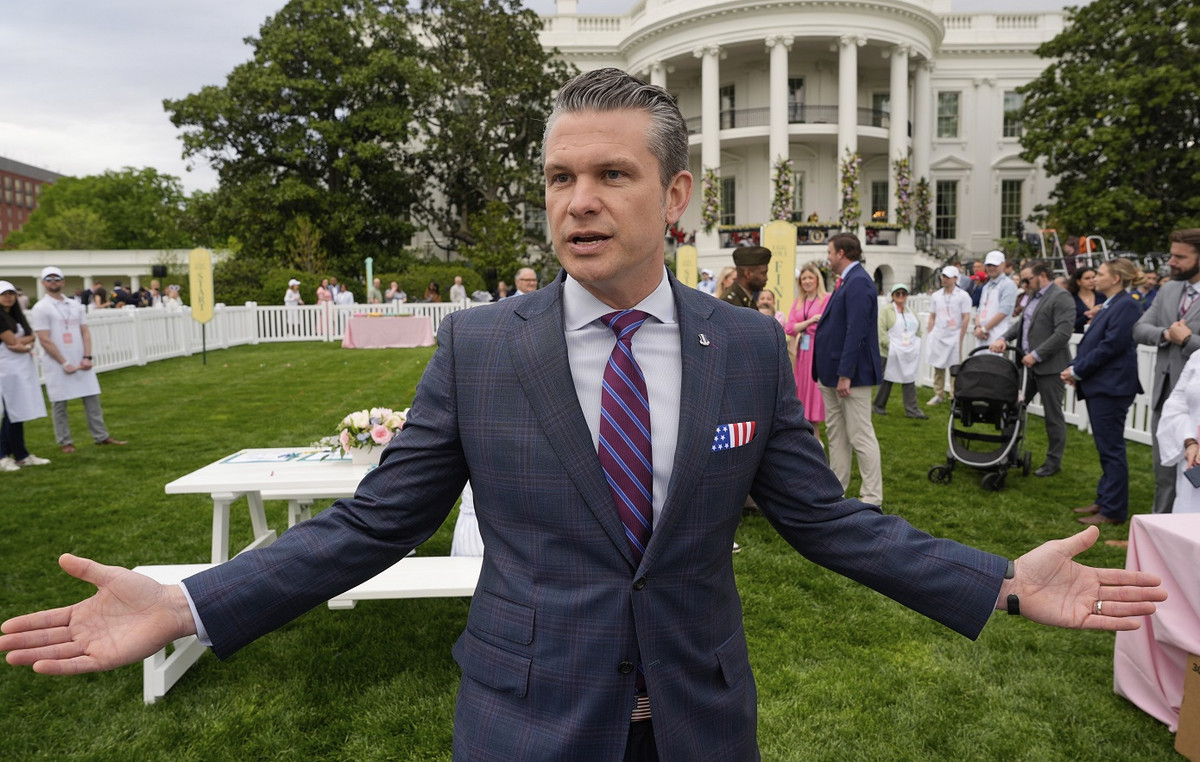Peru’s Foreign Minister Elmer Schialer said that his country’s judiciary could still ask for the extradition of former first lady, Nadine Heredia, who arrived in Brazil as sailed on Wednesday (17).
Heredia was sentenced this week with her husband, former Peruvian president Ollanta Humala, 15 years in prison for alleged money laundering from Odebrecht’s illicit funds.
“If Peruvian justice even confirms the sentence, and the judiciary being firm in the attribution that corresponds to it, it can, either, wants and can promote an extradition of Mrs. Nadine Heredia, can perfectly do that,” explained the chancellor, in a press conference on the day the former first lady arrived in Brazil.
Asked about the alleged impunity derived from the granting of the asylum when there was an arrest warrant against Heredia, he stated that the granting of the safe conduct to be, accompanied by the youngest son, Brazil does not mean an evasion of justice.
“What we did was fulfill the obligations of Peru, which does not mean having subtracted Mrs. Nadine Heredia of Peruvian justice,” he argued, noting that his country is a signatory to the Diplomatic Asylum Signed in Caracas in 1954.
According to the treaty, when the astonishing state calls for the exit of the asylum, countries are required to grant this authorization and the necessary guarantees for it “immediately”.
In the report he made to journalists, the Peruvian minister said that last Tuesday, the day the Peruvian court sentenced the former first lady for 15 years in prison, the Brazilian ambassador in Peru, Clemente de Lima Baena Soares, appeared in his office with a note.
The document signaled that heredia and her son entered the Brazilian embassy in Lima at 11:15 of that day (1:15 pm in Brazil), and immediately requested the diplomatic asylum for her and her youngest son.
According to him, the note also said that Brazil evaluated this request and decided to grant the asylum. The document also called for Lima to give the guarantees so that the former first lady would leave the perune territory towards Brazil.
“The Brazilian Embassy was full and fully informed of the sentence of Mrs. Heredia for the crime of money laundering,” said the chancellor.
Schialer recalled that according to the convention signed by the two countries, the ascient government is not required to explain the reason for the granting of the asylum.
“Brazil as an aside state evaluated the situation and decided to grant the asylum to Mrs. Heredia and his minor son,” he said, stating that, in this case, it is Brazil’s prerogative to qualify the nature of the crime committed by the asylum.
According to him, besides being obliged for the convention to grant the asylum immediately, this is also determined by the Peruvian Constitution, which recognizes the political asylum and the condition of asylum.
The chancellor’s clarification occurs amid strong questions from Peruvian congressmen about the asylum granted by Brazil the heredia and the saved conduct given by the Peruvian government.
Part of the parliamentarians asks Schialer to be questioned by Congress about the episode. The idea, for now, has been discarded, but he may still have to explain the house’s Foreign Relations Commission.
This content was originally published in court may ask for extradition of former first lady, says Peru’s chancellor on CNN Brazil.
Source: CNN Brasil
Bruce Belcher is a seasoned author with over 5 years of experience in world news. He writes for online news websites and provides in-depth analysis on the world stock market. Bruce is known for his insightful perspectives and commitment to keeping the public informed.







